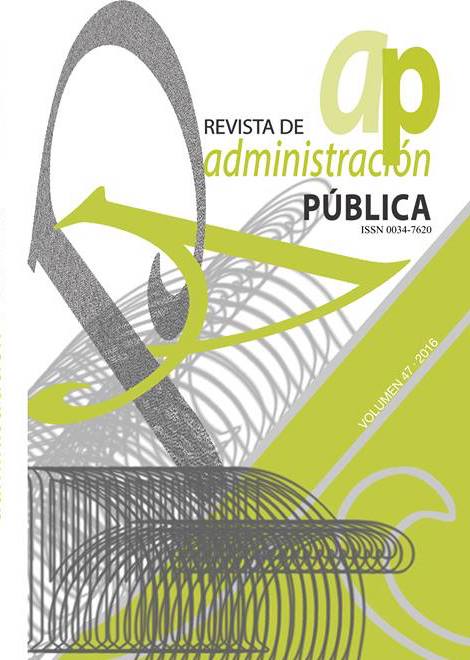Abstract
This article offers an introductory study on Spain‘s public employment. It begins with a brief explanation of its historical evolution: the birth of a Spanish civil service in the XIXth century influenced by the French career model and the later appearance of a growing number of working contracts under labour law, which was initiated in the 1960s and intensified in the 1980s. This process gave way to a dual regime in Spanish public employment, where civil servants must coexist with labour personnel. This regime has certain constitutional limits: according to the doctrine of the Constitutional Court, labour contracting by the Public Administration must be exceptional and only allowed in cases specifically covered by the law. After going over this constitutional doctrine, the article takes a step further, analyzing the recognition of the dual regime in public employment carried out in the Basic Statute of Public Employees, particularly the current labour relations system in the Public Administration. This system is based on two legal sources: it is mainly regulated by the common labour legislation, but it has certain particularities which are dealt with in the Basic Statute of Public Employees. Following this brief study, the article presents the most relevant particularities of this labour relations system: the limits of collective bargaining, personnel restructuring procedures, the budget limits of wages and the contracting system. The paper closes with a brief explanation of the latest legal reforms in the context of the recession and concludes with a general view of the situation of public employment in Spain today, offering the latest statistical data.Copyright Notice:
Authors assign their intellectual property rights (copyright) to the Journal of Public Administration, once the article is accepted for publication. As a RAP policy, the author will not receive payment for published articles.
Once published, the author may have a digital version of the article for the exclusive use and publication of his/her personal page, making reference to the RAP. In case of wishing to publish in other media, the author must have the prior authorization of the RAP Editorial Board.
This authorization is granted so that the Journal of Public Administration may disseminate to the academic and scientific community, both locally and internationally, all works submitted and catalogued as publishable. By granting copyright to RAP, authors agree to the educational use policy set forth in Section 107, Title 17, of the U.S. Code.

